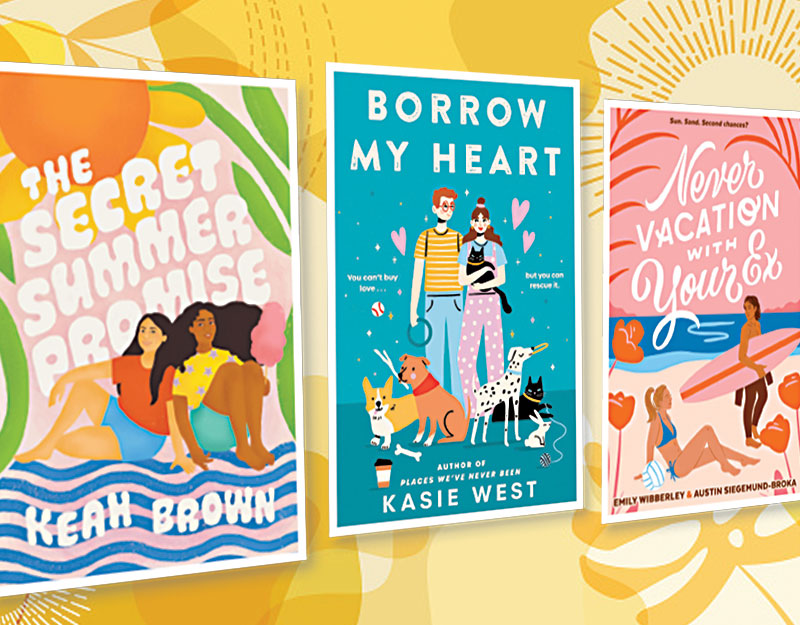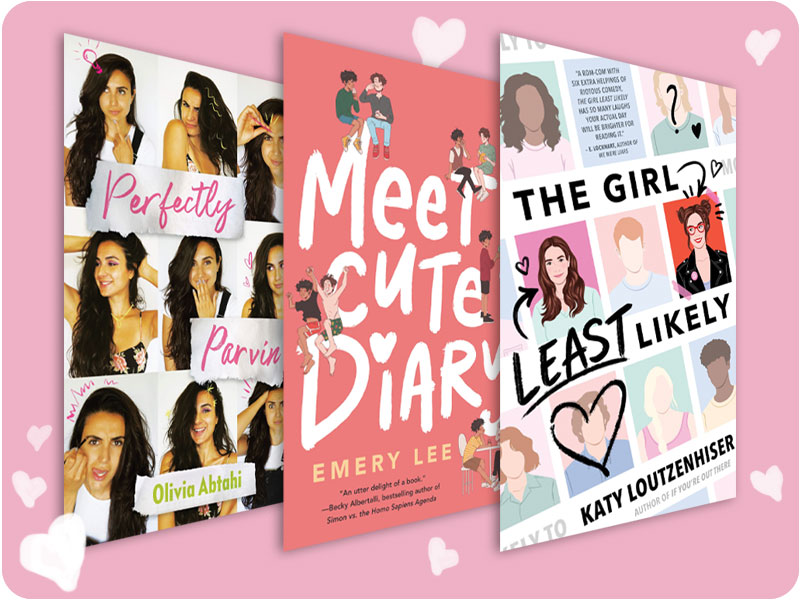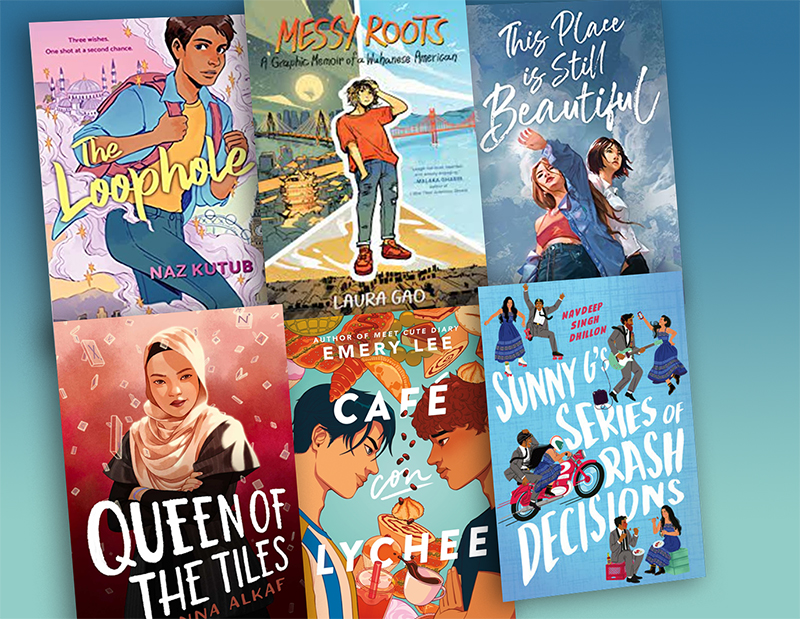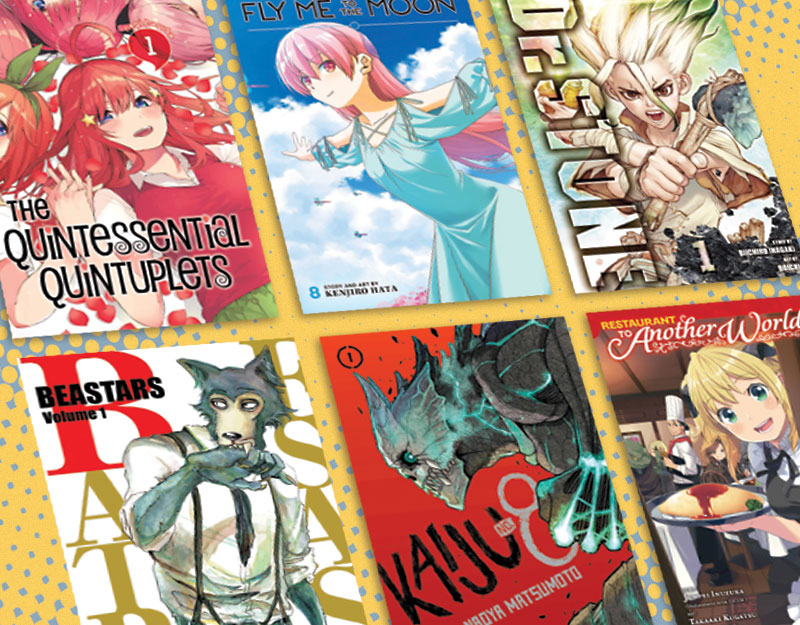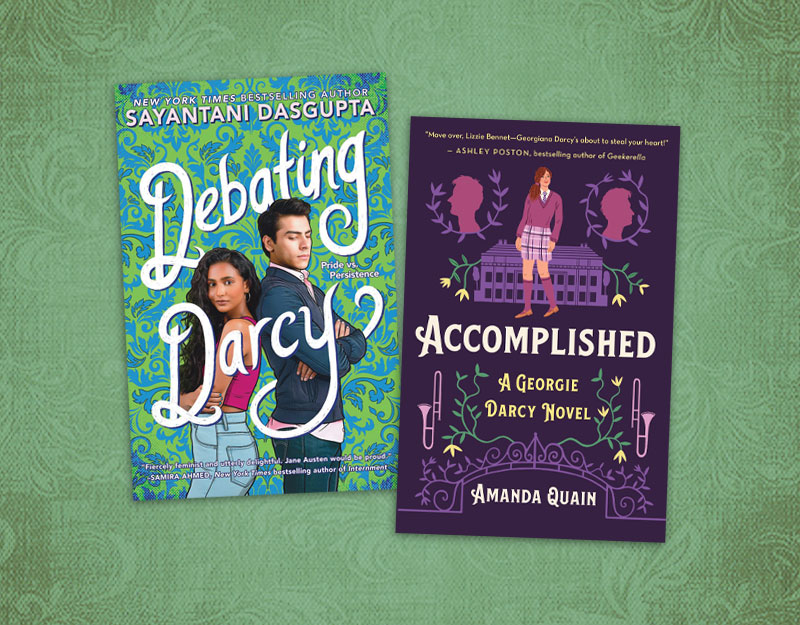Writing What Haunts You, a guest post by Anuradha Rajurkar and the Class of 2kBooks
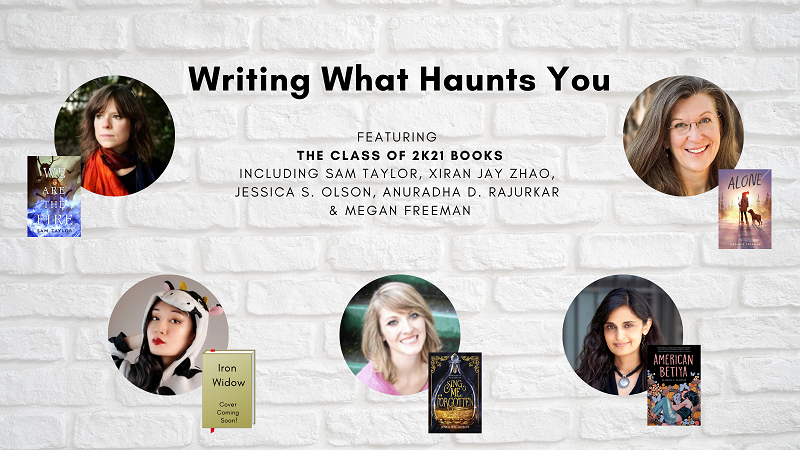
I write entirely to find out what I’m thinking, what I’m looking at,
what I see and what it means. What I want and what I fear.
-Joan Didion
Often, the germ of an idea for a story materializes from themes that haunt us for years, though we may not realize it at first. Writing helps us explore our deepest fears, our burning questions, and can ultimately serve as the beating heart of our stories. My debut, AMERICAN BETIYA, for example, explores cultural conflict within our most intimate relationships—a theme that rose from having grown up in predominantly white spaces as the daughter of first-generation Asian immigrant parents. I was initially drawn to the idea of the many ways teens are often under close scrutiny, despite the fact that our identities at that stage are still very much under construction—and how these pressures can lead to escapism in various forms. But soon, my writing delved deep into issues that only later did I realize had haunted me for decades.
I asked my fellow Class of 2k Books authors to share what issues just wouldn’t let go, leading to the writing of their debuts. Their answers were as thoughtful and compelling as their novels…
ADVERTISEMENT
ADVERTISEMENT

Megan Freeman: I certainly never imagined that ALONE, my book about surviving in total isolation, would come out during a pandemic. Yikes. But the idea of being isolated from other people has always fascinated/haunted me. I love the movie CASTAWAY and I was fascinated by books like ISLAND OF THE BLUE DOLPHINS and MY SIDE OF THE MOUNTAIN and HATCHET. I used to think being in prison and forcibly kept away from my family would be the worst thing I could imagine, but then one day I thought about people who go into witness protection programs and can never see their friends or family ever again, and that seemed even worse. Clearly, my connections to loved ones are central to some sense of security, and the threat of losing that connection is rich fodder for my creative imagination.
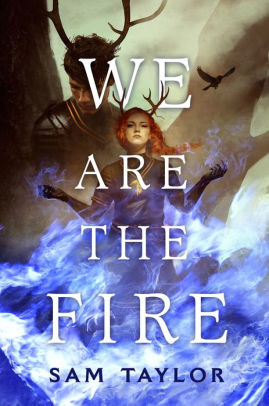
Sam Taylor: After grad school, I worked at a job with some people who turned out to be very corrupt. It was a really thorny situation; I often had no idea how to fix matters at work, or what was the right thing to do. I turned to writing in the evenings as a way to vent out my feelings. I needed a story that captured the dilemma of wanting to make situations better, but not knowing how to do that. I wanted to explore the struggle of every option coming with steep cost–because the right choice often doesn’t come without a price. I wanted to show unlikely allies coming together, as I experienced during my own situation. Most of all, I wanted to show my characters overcoming the seemingly impossible odds stacked against them.
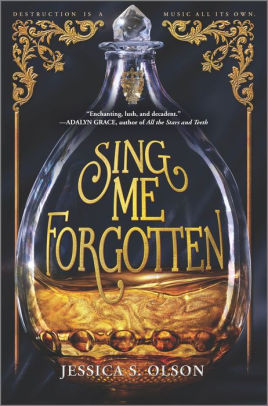
Jessica S. Olson: It’s a funny thing, because I didn’t realize what it was that drove me to write this story until well after it was finished. All I knew was that I connected deeply to the Phantom character in the Phantom of the Opera, and I wanted to tell a version of his story and explore what could drive someone to such a dark, lonely place. It wasn’t until later on that I realized that the reason I’d been so passionate about his story was because I identified with him. I was born with a medical eye condition that affects my appearance, and I grew up being bullied and teased and treated as “other” because of it. There were many times when I wished I could hide from a world that felt very cruel–and so I saw myself in the Phantom. I understood how it felt to be ostracized for your appearance and how desperate the desire can sometimes be to be loved for the aspects of us that aren’t readily apparent at first glance. Telling a female Phantom’s story meant drawing on my own experiences, my own anger, my own hope, and asking the world to look beyond someone’s face when deciding whether they’re valid or whether they deserve love.
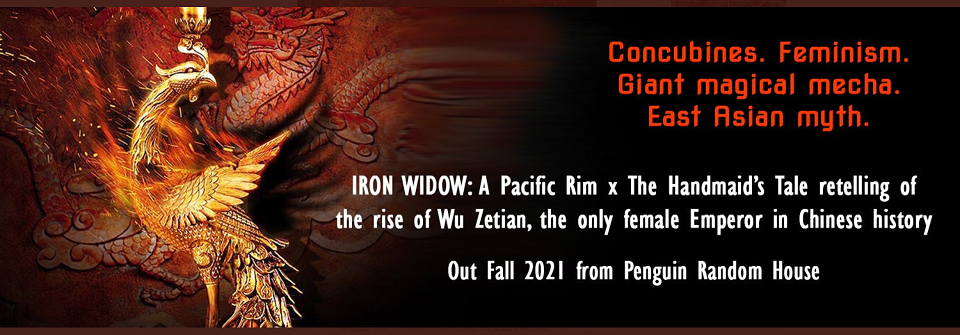
Xiran Jay Zhao: My book IRON WIDOW, a Pacific Rim meets THE HANDMAID’S TALE reimagining of the only female emperor in Chinese history, is basically 400 pages of female rage. Around the time I wrote it, I kept hearing about women’s rights backsliding in so many places. I also happened to be taking 4 university courses in different subjects ranging from political science to gerontology, yet all 4 had info on how women are disproportionately expected to take on certain burdens and responsibilities, yet get no proper credit or recognition for them. Work that is traditionally more female-dominated is consistently overlooked and undervalued compared to work that is traditionally more male-dominated. I wrote Iron Widow not only to vent my rage through the character of Zetian, but to explore the kind of societal pressures that force girls to doubt their own worth and accept this kind of thankless work.
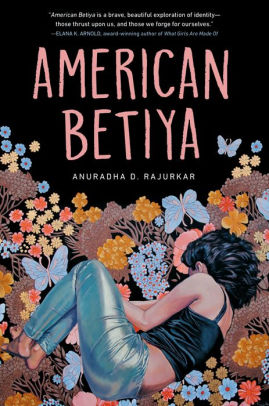
Anuradha D. Rajurkar:
Judging from these thoughts from my fellow Class of 2kbooks authors, it seems that some of the most impactful stories are born from themes that have haunted our minds for years. Since high school, I personally was so affected by the idea that the way we see ourselves is often at odds with how others see us. For me, researching and writing AMERICAN BETIYA helped reveal the ways microaggressions, cultural fetishization, and racial gaslighting occur with regularity—even in our closest relationships. And because trust is foundational in these relationships, it’s easy to overlook their signs. Writing my debut helped me acknowledge the silences we’ve been taught to hold, and that our friendships, family and internal strength can line the path to our empowerment.
Don’t be afraid to write what haunts you. It might just be what sets you free.
Buy links and more
• Order ALONE by Megan Freeman
• Add ALONE to your Goodreads
• Order WE ARE THE FIRE by Sam Taylor
• Add WE ARE THE FIRE to your Goodreads
• Order SING ME FORGOTTEN by Jessica S. Olson
• Add SING ME FORGOTTEN to your Goodreads
• Pre-order IRON WIDOW
• Add IRON WIDOW to your Goodreads
• Add AMERICAN BETIYA to your Goodreads
Filed under: Uncategorized
About Amanda MacGregor
Amanda MacGregor works in an elementary library, loves dogs, and can be found on Twitter @CiteSomething.
ADVERTISEMENT
ADVERTISEMENT
SLJ Blog Network
One Star Review, Guess Who? (#202)
This Q&A is Going Exactly As Planned: A Talk with Tao Nyeu About Her Latest Book
Exclusive: Giant Magical Otters Invade New Hex Vet Graphic Novel | News
Parsing Religion in Public Schools
ADVERTISEMENT



